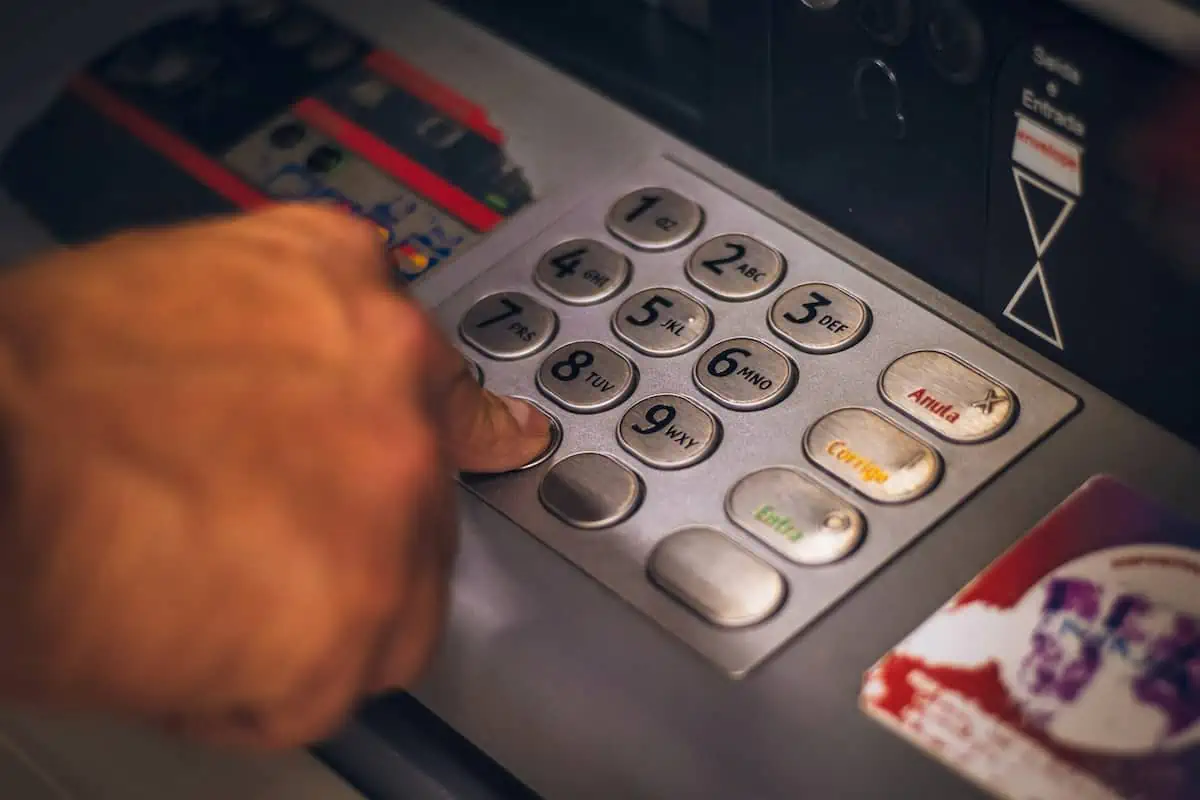For small company owners, merchant cash advances simplify the application procedure and provide quick access to capital. Following approval, company owners pay back the supplier with a lump payment via future sales, usually daily.
Which Type of Small Business Financing Is Best for Which Type of Business?
Flexible Repayment Options
Payments automatically adjust based on a percentage of the business’s credit card sales or other revenue sources.
No Fixed Timeline
Repayment terms are tied to the business’s receivables, eliminating the need for a predetermined completion date.
Cost Structure
Receivables are acquired at a discounted rate, with associated fees deducted from the advance amount.
Businesses accepting credit card payments seeking swift access to capital find cash advance business loans particularly beneficial. With a streamlined application process, MCAs offer businesses the agility to secure essential working capital promptly.
This flexibility stems from adjustable payments linked to anticipated revenue receivables, making MCAs well-suited for businesses with fluctuating credit card sales, significant receivables, or seasonal operations.
How to Use a Merchant Cash Advance?
Merchant cash advances provide companies with unmatched freedom in how they might use them, enabling them to explore a range of development opportunities to increase revenue. These may include:
Seizing Time-Sensitive Opportunities
Using ephemeral chances for investment or development to spur company growth.
Expanding Marketing Initiatives
Enhancing marketing strategies to broaden brand reach and attract more customers.
Bulk Inventory or Raw Material Procurement
Purchasing raw materials or inventories in greater numbers to take advantage of economies of scale and maximize operational effectiveness.
Upgrading Equipment and Technology
Putting money into innovative technologies and state-of-the-art machinery to boost competitiveness and production.
Staff Expansion
Expanding operations by recruiting more staff to satisfy rising demand and improve customer service.
Investing in Training and Development
Promoting the growth of workers’ skills via training courses and efforts for ongoing education to inspire creativity and quality in the workforce.
When to Use Merchant Cash Advances
Outstanding flexibility is provided by merchant cash advances in terms of financing quantity and payback schedule. Their accessibility makes them a compelling choice for entrepreneurs in need of quick cash. Here are some scenarios where an MCA could be beneficial:
- Temporary cash flow support. An MCA offers a quick and easy fix in the case of unforeseen cash flow issues, such as paying for payroll or necessities like electricity or rent.
- Strategic inventory purchases. Retail, restaurant, and e-commerce companies, among other businesses that depend on inventory, might use MCAs to take advantage of chances to buy goods at a discount, particularly when there are supply chain interruptions.
- Unforeseen expenses. An MCA may quickly pay the expenditures in the event of unanticipated catastrophes, such as equipment failures or other unexpected expenses, guaranteeing that company activities continue unhindered.
- Short-term working capital. MCAs provide a workable way for companies in need of short-term operating capital to meet their short-term financial needs.
MCAs should be considered a short-term financing solution because of the accompanying charges, even if they provide quick access to money based on daily debit from merchant accounts.
Before choosing this financing option, you must evaluate the payback feasibility using your credit card revenues and cash flow.
Article and permission to publish here provided by Eva Foster. Originally written for Supply Chain Game Changer and published on February 19, 2024.
Cover photo by Eduardo Soares on Unsplash.

